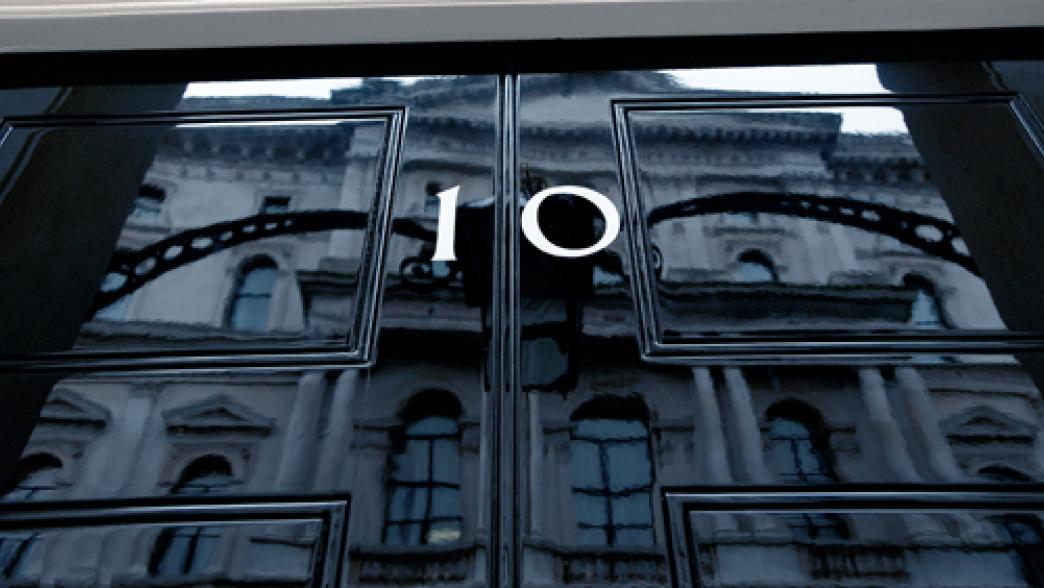Non-shuffle reshuffle: What to make of Theresa May’s new Cabinet

Stability is the general theme: a Prime Minister unable to make the radical changes she may have envisaged. But Jill Rutter asks if the Prime Minister made the right changes to help her manage her precarious situation.